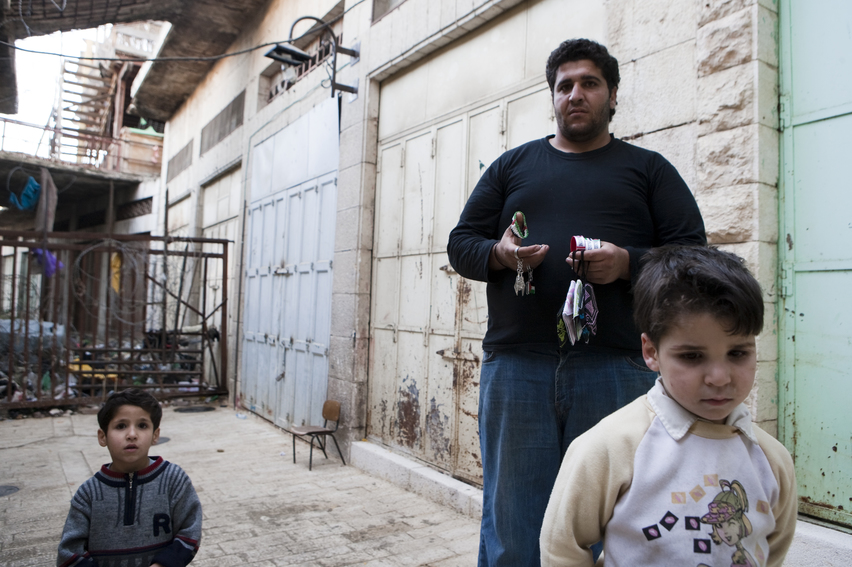Working in fragile contexts

Wherever the state does not function and crises and conflicts predominate, particular sensitivity is needed in approaches to development.
More than half of all the countries in which GIZ works are considered fragile states. These are states that are not fulfilling their responsibilities: they have shortcomings in the democratic and statutory control of their monopoly on the use of force, in their compliance with human rights and in the rule of law. They fail to meet their obligations to citizens, and their provision of public goods and services is inadequate. These weaknesses, along with violent conflict, significantly hamper these countries’ scope for development. They also pose a regional and global security risk.
Development approaches in fragile regions require particularly sensitive support. Those providing assistance must take the local context into account and be aware of potential conflicts. Detailed knowledge of local conditions, actors and institutions and of the dynamics of open and latent conflicts is essential. A comprehensive understanding of the potential risk to staff, to GIZ’s reputation, to the preservation of material goods and to the success of the programme is also required.
To develop the necessary knowledge and understanding, GIZ uses the methodological framework of a ‘peace and conflict assessment’ (PCA). A PCA systematically analyses the causes and consequences of conflicts. When working in fragile situations it is important to pay particular attention to potential unintended consequences. To avoid these, GIZ uses a range of conflict-sensitive methods and approaches, in particular the ‘do no harm’ principle and conflict-sensitive monitoring of results. GIZ uses the Safeguards+Gender management system to identify risks and unintended consequences at an early stage before and during projects so that they can be allowed for in the planning. This method also helps to maintain the focus on the potential for peaceful development with fair opportunities for all.
In particularly dangerous regions, GIZ is unable to maintain a physical presence. In such cases, it uses remote management: it manages its projects – particularly transitional aid – with the help of local partners and third-party monitoring .